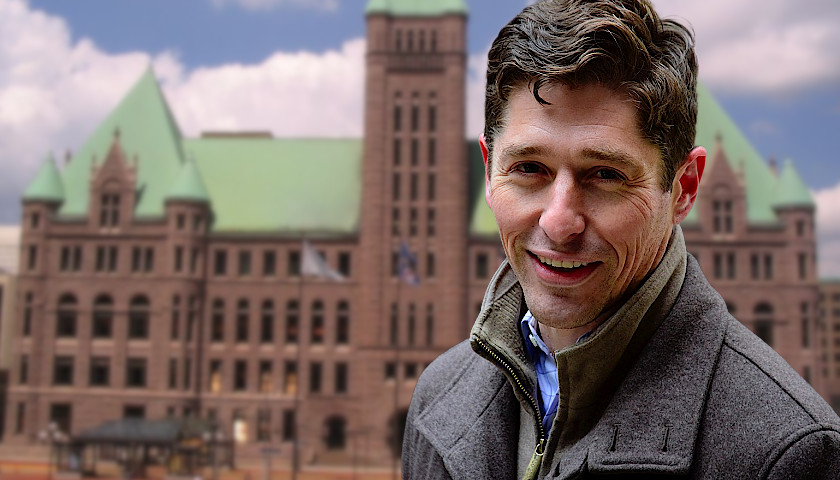A new Minneapolis initiative will require that all of its neighborhood organizations reach certain diversity quotas or else be at risk of losing funding.
Minneapolis currently has 70 independent, nonprofit neighborhood organizations that have been funded by the city since its 1991 Neighborhood Revitalization Program. These organizations “engage and mobilize residents to address issues within their geographic areas,” according to a new report.
In 2016, Minneapolis launched its Neighborhoods 2020 initiative in the Neighborhood and Community Relations Department to work with “community and neighborhood leaders and elected officials to identify the next generation of neighborhood funding, programming and governance structure needed to better support community and neighborhood organizations in the future.”
That initiative, through three working groups, has released its Neighborhoods 2020 Recommendations report, which suggests implementing diversity quotas for the governing board of each neighborhood organization.
“In order to be eligible for city funding, neighborhood organizations must agree to meet the following conditions,” the recommendations state. It then lists “reporting on board diversity” as a requirement for each neighborhood organization’s annual report.
“If the representation of a board’s diversity differs significantly from the neighborhood’s demographics, a ‘Diversity Action Plan’ will be required,” the report stipulates, stating the a “Diversity Action Plan” must “demonstrate how the neighborhood organization will improve their leadership internal diversity.”
“The plan will include processes and practices that will actively encourage new membership that reflects the diversity within the neighborhood including race, gender, age, income, and homeowner and renter status,” the recommendations continue. “Organizations that do not complete a plan and meet board diversity standards within 18 months may have their funding reduced or terminated.”
According to The Star Tribune, Minneapolis reached just 50 percent of its goal for increasing the number of people of color who serve on the boards of neighborhood organizations. The city has, however, managed to reach 94 percent of its goal for gender diversity, and 91 percent of its goal for income diversity.
“We really want to make sure that any resident of Minneapolis is able to walk into a neighborhood organization and be able to participate,” said David Rubedor, director of the Neighborhood and Community Relations Department. “We want our neighborhood organizations to really reflect the diversity of their community. Not only in the programming and the activities that they do, but also in their leadership.”
The Neighborhood 2020 Recommendations are currently in the public comment and review period, and will be passed along to the Minneapolis City Council for approval in April.
– – –
Anthony Gockowski is managing editor of Battleground State News and The Minnesota Sun. Follow Anthony on Twitter. Email tips to [email protected].
Photo “Jacob Frey” by August Schwerdfeger. CC BY 4.0.
Background Photo “Minneapolis Capital” by Kevin Joseph. CC BY 2.5.




